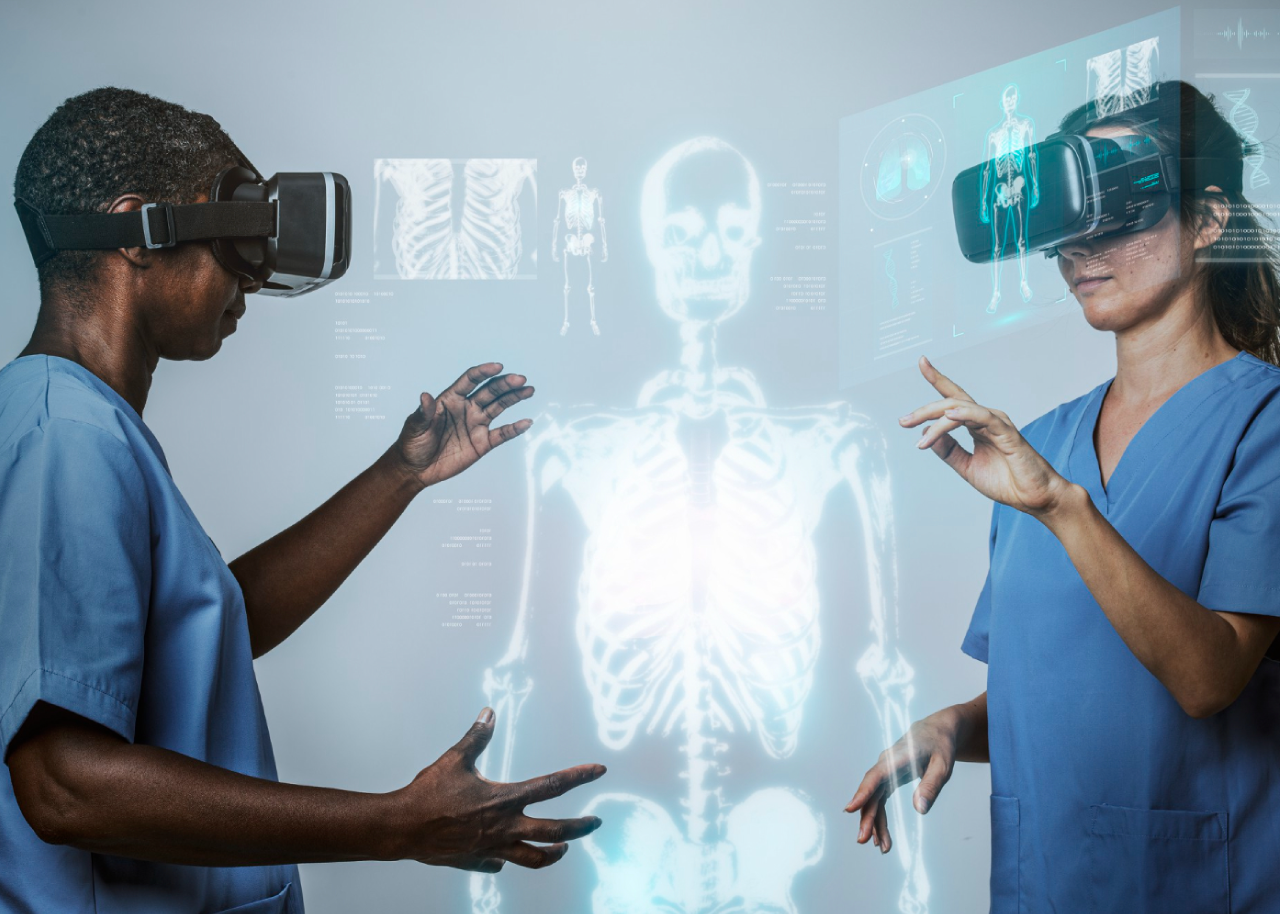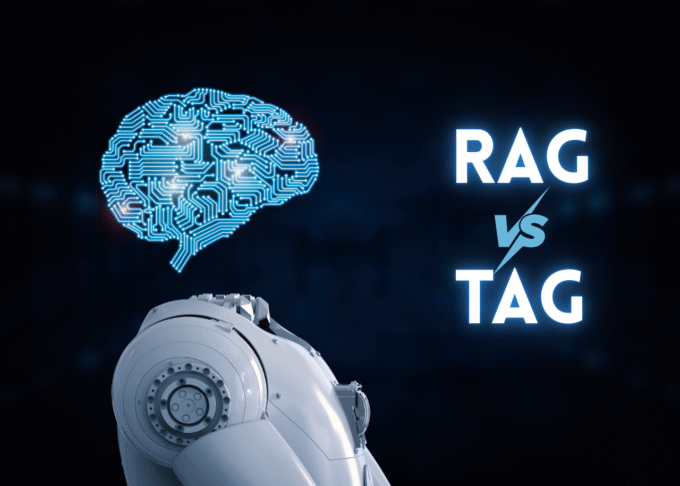Introduction:
Emphasizing the revolutionary potential of AI in personalized healthcare. “AI,” Dr. Volkov states, “is not just about automating tasks; it’s about transforming diagnostics and treatment, leading to more precise and patient-centered care.”
The Challenge of Personalized Medical Care:
Traditional healthcare often relies on generalized treatments. AI addresses this challenge by analyzing vast amounts of patient data to provide personalized diagnostics and treatment plans.
Key AI Applications in Personalized Healthcare:
- AI-Powered Diagnostics: Analyzing medical images and patient data to detect diseases earlier.
- Personalized Treatment Plans: Tailoring treatment plans based on individual patient characteristics.
- Drug Discovery and Development: Accelerating the development of new drugs and therapies.
- Remote Patient Monitoring: Monitoring patient health using AI-powered wearables and sensors.
- Precision Medicine: Tailoring medical treatments to the individual characteristics of each patient.
Case Studies and Insights:
“HealthAI,” a medical technology company, developed an AI-powered diagnostic tool that significantly improved the accuracy of cancer detection. Their AI-driven approach enabled earlier diagnosis and more effective treatment.
Building a Robust AI Healthcare System:
To maximize the impact of AI in healthcare, institutions must:
- Ensure Data Privacy and Security: Implementing robust security measures to protect patient data.
- Prioritize Ethical Considerations: Developing AI models that are transparent and explainable.
- Integrate AI with Existing Healthcare Systems: Seamlessly integrating AI with electronic health records (EHRs).
The Future of AI in Healthcare:
The future will be driven by the development of more sophisticated AI-powered diagnostic and treatment tools and the integration of AI with robotics and virtual reality (VR) technologies. Businesses and institutions that embrace AI-driven healthcare will create more personalized and effective patient care.















